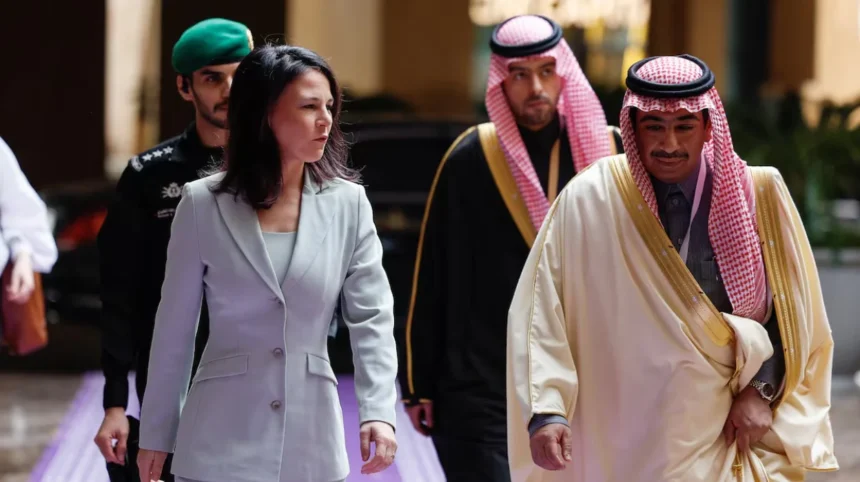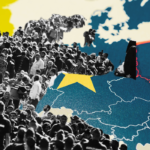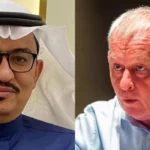Key Points
- European foreign ministers to meet in Brussels on January 27 to discuss potential sanctions relief on Syria.
- Meeting follows the ousting of President Bashar al-Assad by Hayat Tahrir al-Sham (HTS) and establishment of a caretaker government in Damascus.
- EU Foreign Policy Chief Kaja Kallas says sanctions relief contingent on inclusive governance involving diverse groups and avoiding radicalisation.
- Saudi Arabia hosts Western and regional leaders to address Syria sanctions and humanitarian aid.
- Saudi Foreign Minister Prince Faisal bin Farhan Al Saud calls for lifting unilateral and U.N. sanctions to support Syria’s development.
- Germany proposes easing sanctions for Syrian civilians while excluding HTS and its allies due to past ties with al Qaeda.
- Sanctions, imposed after Assad’s 2011 crackdown, remain a complex issue due to HTS being under international sanctions.
Riyadh – European foreign ministers will convene on January 27 in Brussels to deliberate on easing sanctions on Syria, announced EU foreign policy chief Kaja Kallas on Sunday during a meeting in Riyadh. The discussion aims to address the future of restrictive measures imposed after the Syrian civil war, now complicated by the recent political shift in Damascus.
The decision will be based on the conduct of the new Syrian caretaker government established by Hayat Tahrir al-Sham (HTS), the insurgent group that ousted President Bashar al-Assad last month. “If we see the developments going in the right direction, we are ready to take the next steps,” said Kallas. “If not, we can also reverse our position.”
I had a first meeting with Asaad Hassan al-Shibani.
Now is the time for Syria’s new leadership to deliver on the hope they have created – through a peaceful & inclusive transition that protects all minorities
Next, we will discuss with EU Foreign Ministers how to ease sanctions pic.twitter.com/3yD6N9U9uP
— Kaja Kallas (@kajakallas) January 12, 2025
What Did Saudi Arabia Propose on Sanctions Relief?
Saudi Foreign Minister Prince Faisal bin Farhan Al Saud strongly advocated for lifting sanctions, stating during a press conference, “Continuing sanctions will hinder the aspirations of the Syrian people to achieve development.”
The Riyadh meeting marked the first major international diplomatic event addressing Syria’s political future since Assad’s removal. Saudi Arabia has taken a leading role in urging international cooperation for humanitarian support in Syria.
Why Are Sanctions Still in Place?
Sanctions were first imposed on Syria by the U.S., Britain, and the EU in response to Assad’s violent crackdown on pro-democracy protests in 2011. However, the situation has grown more complex following HTS’s rise to power.
HTS, previously associated with al Qaeda, is still under international sanctions, raising concerns over directly supporting the new government. Germany, meanwhile, has proposed limited sanctions relief aimed at aiding Syrian civilians while excluding HTS and its allies from economic benefits.
What’s Next for Syria’s Caretaker Government?
The EU has emphasized that any relief will be conditional on inclusive governance. “Governance must include different groups, women, and ensure no radicalisation,” Kallas stated, urging Syria’s caretaker leadership to adopt moderate and transparent policies to gain international support.
While Saudi Arabia pushes for rapid relief, Western powers remain cautious about the potential implications of funding a government led by HTS.
How Does the International Community View the Shift in Syria?
The Riyadh conference highlighted divergent views among global leaders on the future of Syria. As the EU prepares to discuss its next steps, the international community remains divided on how to balance humanitarian needs with political and security concerns tied to HTS’s controversial past.
The outcome of the January 27 meeting in Brussels will determine the extent to which sanctions relief can play a role in Syria’s recovery while ensuring safeguards against extremism.






